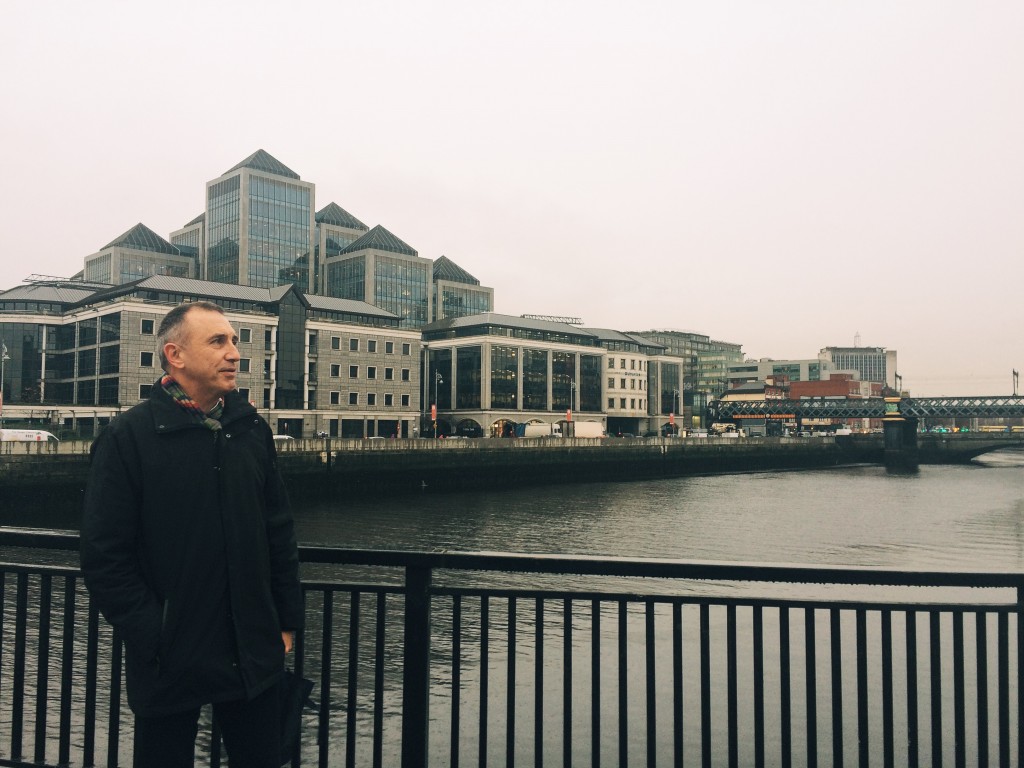The Dublin Drug Policy Summit, organised by the Ana Liffey Drug Project, brought drug policy experts from across the world to Ireland as the country’s government takes significant steps in improving how it deals with illicit drug use.
The summit focused on two key issues in modern Irish drug policy: upcoming legislation to create a legal framework for supervised injecting facilities, and decriminalising possession of illicit drugs for personal use.
Guest of honour, Madame Ruth Dreifuss, the former President of Switzerland who was attending in her capacity as Chair of the Global Commission on Drug Policy explained the necessity of the summit:
At their inception, approaches based on prohibition were aimed at protecting public health, yet criminalisation has had the adverse effect, fuelling global epidemics such as HIV/AIDS and hepatitis C. Harm reduction measures, including the boldest of them such as safe injection facilities, combined with decriminalisation, have proven the most effective in addressing the issue while preserving people’s dignity and reducing public expenditures.
Supervised injecting facilities
Supervised injecting facilities, pioneered by Switzerland in the 1980’s, provide safe and clean locations for intravenous drug injection, with professional medical staff on hand. The Ana Liffey Project first formally called for supervised injecting sites in Ireland in early 2012. Five years later, Catherine Byrne, T.D Minister of State for Communities and National Drugs Strategy commends their work: “Such a significant policy shift was always going to take time, but I’m pleased to say, that five years later to the day, the future provision of Supervised Injecting Facilities is government policy and as Minister I will work to ensure that it becomes a reality.”
Legislation for the introduction of supervised injecting facilities is expected to be introduced into the Dail in the coming weeks and will create a legal framework within which supervised injecting facilities can lawfully operate. The HSE National Service Plan committed to the establishment of “a pilot supervised injecting facility in Dublin” in 2017. Such facilities are widely used in Europe and improve public amenity, while reducing the harms to drug users in a cost effective manner. As a recent article on the facilities in the New York Times noted, there has never been a single overdose death in a supervised injection site anywhere in the world.
Speaking about the summit, Director of the Ana Liffey Drug Project, Tony Duffin, said: “Increasingly, we are moving towards a health based policy response to drug use in Ireland, which is great. Government is to be commended for focusing policy on what works – on what will provide positive outcomes for people who use drugs and value for money to the taxpayer.”
Decriminalisation
In November 2015, the Oireachtas Joint Committee on Justice, Defence and Equality “strongly recommend[ed] the introduction of a harm reducing and rehabilitative approach, whereby the possession of a small amount of illegal drugs for personal use, could be dealt with by way of a civil/administrative response and rather than via the criminal justice route.”
Many other countries are moving towards, or have already moved to this model, with the best available evidence indicating that dealing with possession through criminal sanctions is expensive, ineffective and inconsistent with international standards in access to health.
In March 2016, an expert commission set up by Johns Hopkins University and the Lancet called for the decriminalisation of all petty drug offences:
Standard public health and scientific approaches that should be part of policy making on drugs have been rejected in the pursuit of prohibition. The idea of reducing the harm of many kinds of human behaviour is central to public policy in traffic safety, tobacco and alcohol regulation, food safety, safety in sports and recreation, and many other areas of human life where the behaviour in question is not prohibited… But explicitly seeking to reduce drug-related harms through policy and programmes and to balance prohibition with harm reduction is regularly resisted in drug control… Drug policy that is dismissive of extensive evidence of its own negative impact and of approaches that could improve health outcomes is bad for all concerned.
The summit, supported by The Open Society Foundations, The London School of Economics and The Irish Management Institute, drew expert delegates from around the world. Volteface reached out to Dr. John Collins, Executive Director of the LSE IDEAS International Drug Policy Project, who was optimistic after speaking at the summit:
It is very encouraging to see a health and human-centred approach to drug policy continuing to progress in Ireland. As an academic institution we are delighted to be part of these vibrant, grassroots-led discussions that bring together a broad array of stakeholders, from government to Gardai, to discuss solidifying the gains made and developing new approaches to this complex issue.
Ana Liffey Drug Project is a national addiction service working to reduce the harm caused by drug use in Ireland. To find out more about the Ana Liffey’s services visit www.aldp.ie.
Words by Olivia Rutter

